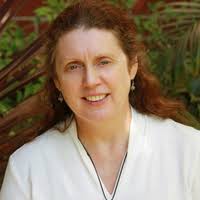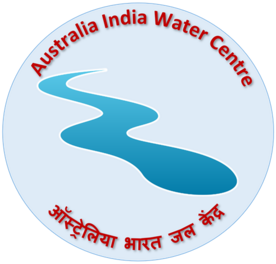
Name: Brenda Dobia Highest qualification and awarding university PhD, Western Sydney University Designation Senior Lecturer Employer Western Sydney University Contact details: Email: WhatsApp number/Mobile number Home page link on your employer web site if available https://www.westernsydney.edu.au/staff_profiles/WSU/doctor_brenda_dobia Key areas of interest Gender and Water; Education for sustainability; Ecopsychology, Community engagement and Participatory research methods Web link for personal profile https://scholar-google-com-au.ezproxy.uws.edu.au/citations?user=Xq-vKFUAAAAJ
Brief career profile
Dr Dobia has particular expertise in issues of water, gender and sustainability, community empowerment and cross-cultural knowledge translation. She has a deep commitment to social justice and to decolonising practices, including through her collaborative and inter-disciplinary doctoral research into women’s empowerment in India. Throughout her professional life Dr Dobia has worked on issues of gender equity and women’s empowerment. She has provided research expertise and community development consultancy to national domestic violence prevention and respectful relationships education programs. Recently she joined the Managing Aquifer Recharge and Sustaining Groundwater Use through Village-level Intervention (MARVI) research team, with a focus on enhancing aspects of gender equity in relation to groundwater use and management in rural India.
Research projects completed or on-going
-
Evaluation of The Ian Potter Children’s WILD PLAY Garden, Centennial Parklands, 2018-2019
-
NAPCAN Northern Territory Respectful Relationships evaluation, 2018 – 2020
-
Love Bites curriculum mapping, NAPCAN; 2017 – 2020
Key publications
-
Dobia, B. (forthcoming 2020) Power and desire in the worship of the Goddess Kāmākhyā. In M. Khanna (Ed.) Studies in the Tantras of Bengal and Eastern India. Dordrecht: Springer
-
Dobia, B. (forthcoming 2020) Implementation of SEL. In UNESCO MGIEP (Ed.) Rethinking Learning: Mainstreaming Social and Emotional Learning in Education Systems. New Delhi: UNESCO Mahatma Gandhi Institute of Education for Peace and Sustainable Development. ISBN 978-81-89218-73-7
-
Montgomery, M., Parada, R. H. & Dobia, B. (2020). Pedagogy and ACEs: A teacher’s action-learning journey in mitigating the impact of trauma through changing teaching practice. In R. M. Reardon & J. Leonard (Eds) Alleviating the Educational Impact of Adverse Childhood Experiences: School-University-Community Collaboration. Charlotte, NC: Information Age Publishing
-
Dobia, B., Truong, S., Ward, K. & Regalado, J. (2019). Wilding Nature Play for Children and Families: An evaluation of The Ian Potter Children’s WILD PLAY Garden at Centennial Park, Sydney. Penrith NSW: Western Sydney University. https://doi.org/10.26183/5d5224409fa67
-
Dobia, B. (2019). “Every client has a trauma history”: Teaching respectful relationships to marginalised youth. An evaluation of NAPCAN’s Respectful Relationships Program Northern Territory 2017-2018. Penrith NSW: Western Sydney University. DOI: https://doi.org/10.26183/5d19b38f9960d
